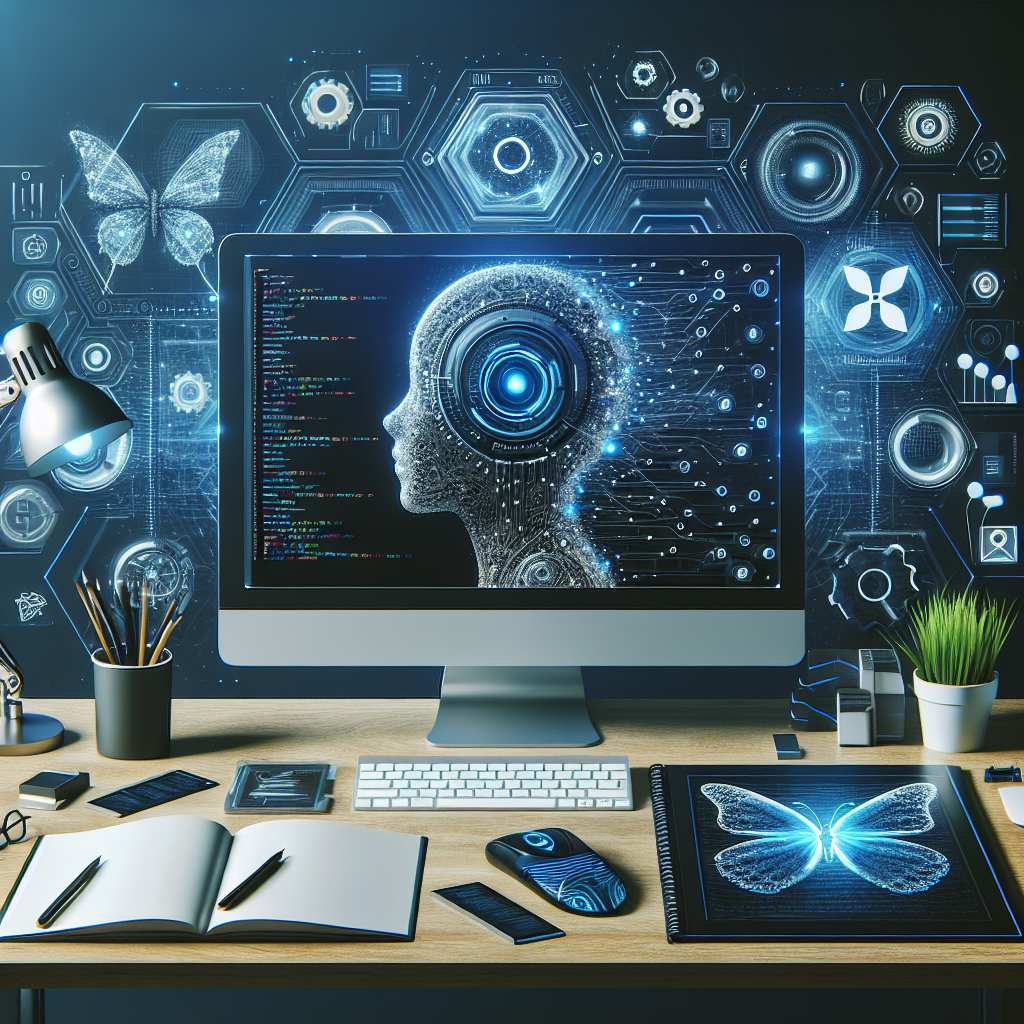Introduction
Artificial Intelligence (AI) is not just a buzzword; it is a transformative force in web development, reshaping job roles, skills, and industry practices. AI's integration into this field presents both challenges and opportunities, making it crucial for professionals to adapt and thrive in this evolving landscape.
AI's Role in Web Development
AI is significantly enhancing efficiency and productivity in web development by automating numerous tasks:
- Code Generation and Automation: Tools like GitHub Copilot and ChatGPT are revolutionizing the way developers work by generating code snippets, automating repetitive tasks, and suggesting code completions. These tools accelerate the development process and allow developers to focus on more complex tasks.
- Design Assistance: AI-powered design tools analyze user preferences and usability principles to create appealing and user-friendly interfaces. These tools can generate design mockups, recommend layouts, and optimize elements for various devices, enhancing user experience.
- Automated Testing and Debugging: AI-driven testing tools evaluate code, identify flaws, and recommend improvements, increasing the reliability and stability of web applications.
Impact on Web Development Jobs
The integration of AI is reshaping job roles and the required skills in web development:
- Increased Productivity: Developers using AI-assisted tools report significant time savings. According to Atlassian, 68% of developers save over 10 hours per week, enabling them to focus on code quality and feature development.
- Shift in Job Roles: With AI handling routine tasks, developers are moving towards roles that involve AI model integration, customization of AI-generated code, and management of AI-powered features.
- Emergence of New Opportunities: There is a growing demand for professionals skilled in AI-related areas. Roles such as AI Web Developer, AI UX/UI Designer, and AI-Powered Chatbot Developer are emerging, offering new career paths.
Challenges and Considerations
Despite the benefits, AI's rise in web development presents challenges:
- Skill Displacement: Entry-level positions may be at risk as AI automates tasks traditionally performed by junior developers. Upskilling in AI integration and related technologies is essential to remain competitive.
- Quality of AI-Generated Code: The quality of AI-generated code depends on the training data. Poor-quality data can lead to defects or suboptimal code, increasing maintenance costs.
- Ethical and Privacy Concerns: AI-driven personalization requires user data, raising privacy and compliance issues. Developers must ensure AI implementations respect user privacy and adhere to legal standards.
Future Outlook
By 2026, AI is expected to automate up to 60% of repetitive web development tasks. However, human oversight will remain crucial for creative problem-solving and ethical implementation. Developers who embrace AI tools and upskill in areas like machine learning and data privacy will thrive in this evolving landscape.
Conclusion
AI is undeniably reshaping web development by automating routine tasks and creating new opportunities. While some traditional roles may diminish, the demand for developers who can effectively integrate and manage AI technologies is on the rise. By adapting to these changes and acquiring relevant skills, web developers can position themselves for success in the AI-driven future.
